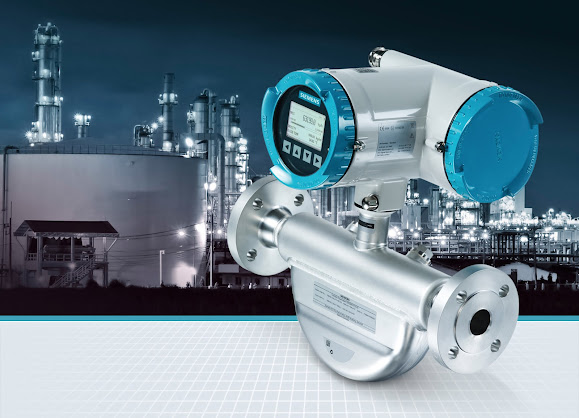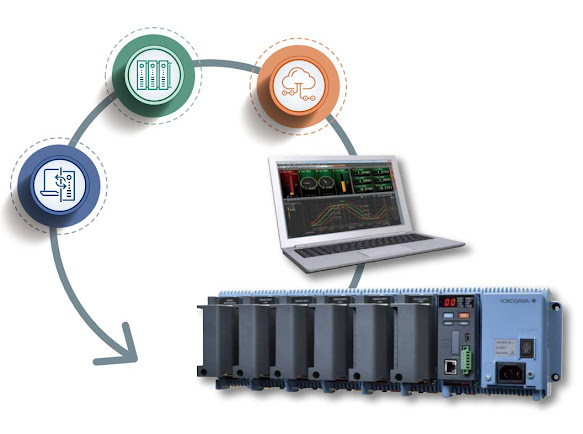Humidity Sensors in Food Processing and Storage: Maintaining Freshness and Quality
The food processing sector has numerous issues, one of which is the monitoring of food safety and nutritional quality. Traditional analytical approaches for quality and safety assessments are time-consuming, tedious, and require specialised personnel. Because improper handling and storage might result in food contamination.
One of the key factors that can affect the quality of food products is humidity. Humidity can cause spoilage, mold growth, and other issues that can lead to food wastage and financial losses.
To prevent these problems, humidity sensors are used in food processing and storage facilities to monitor and control humidity levels.
Let’s first understand what a humidity sensor means
Humidity sensors are devices that measure the amount of moisture in the air. They are used in a variety of applications, including weather monitoring, HVAC systems, and food processing and storage. In the food industry, humidity sensors are used to monitor the humidity levels in storage areas, processing rooms, and packaging areas.
The Benefits of Humidity Sensors in the Food Processing Sector
Avoid Spoiling and Mold Development
The use of humidity sensors in food processing and storage has several benefits. First, they help to prevent spoilage and mold growth by ensuring that the humidity levels are within the optimal range for the specific food product. For example, certain fruits and vegetables require higher humidity levels than others to maintain their freshness and quality. Humidity sensors can help to ensure that these optimal levels are maintained.
Lower Energy Costs
Second, humidity sensors can help to reduce energy costs by optimizing the use of HVAC systems. By monitoring the humidity levels in a facility, the HVAC system can be adjusted to maintain the optimal humidity levels without overworking the system. This can lead to energy savings and reduced operating costs.
Enhancing Food Safety
Third, humidity sensors can help to improve food safety by preventing the growth of harmful bacteria. High humidity levels can create an environment that is conducive to the growth of bacteria, which can lead to foodborne illnesses. By monitoring and controlling humidity levels, food processing and storage facilities can reduce the risk of bacterial growth and improve food safety.
Summing Up
Overall, the use of humidity sensors in food processing and storage is essential for maintaining the freshness and quality of food products. They help to prevent spoilage, reduce energy costs, and improve food safety. If you are involved in the food processing and storage industry, it is important to consider the use of humidity sensors in your facility.
When choosing a humidity sensor, there are several factors to consider. First, you should choose a sensor that is designed for use in the food industry and is capable of withstanding the harsh conditions of food processing and storage facilities. Second, you should choose a sensor that is accurate and reliable, as even small variations in humidity levels can have a significant impact on food quality.
Finally, you should choose a sensor that is easy to install and maintain, as this will help to minimize downtime and reduce operating costs.


Comments
Post a Comment